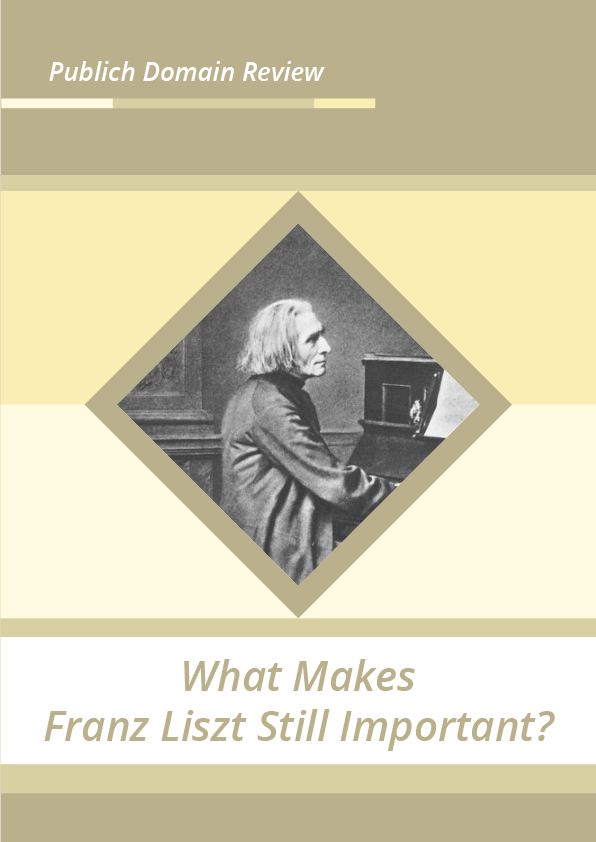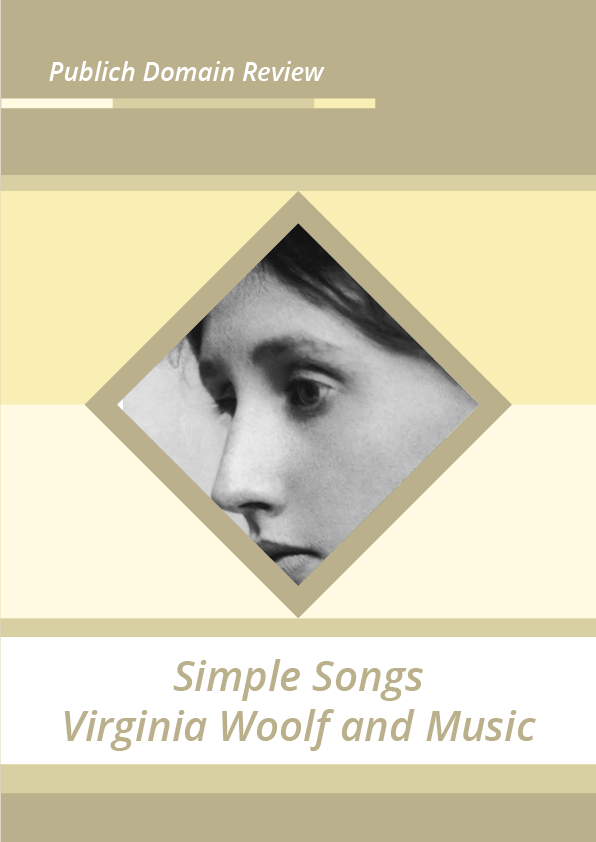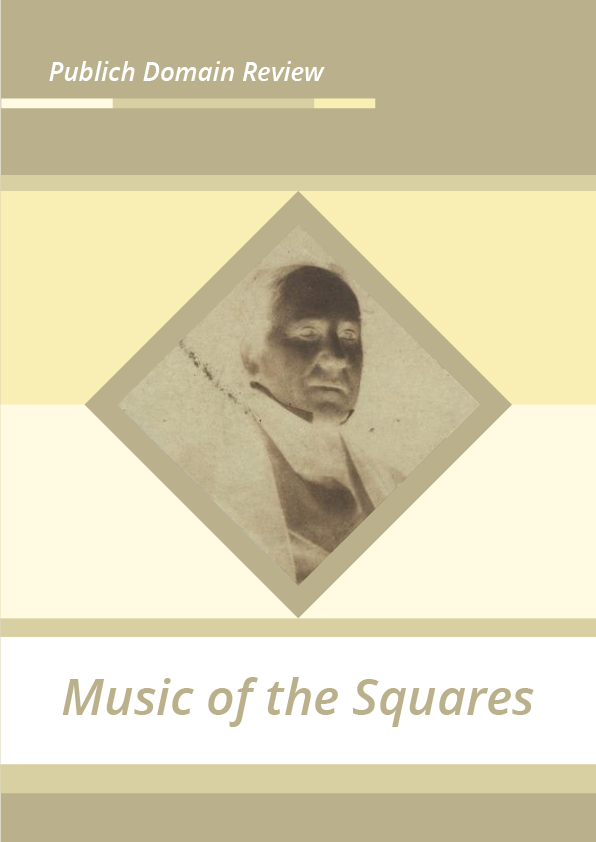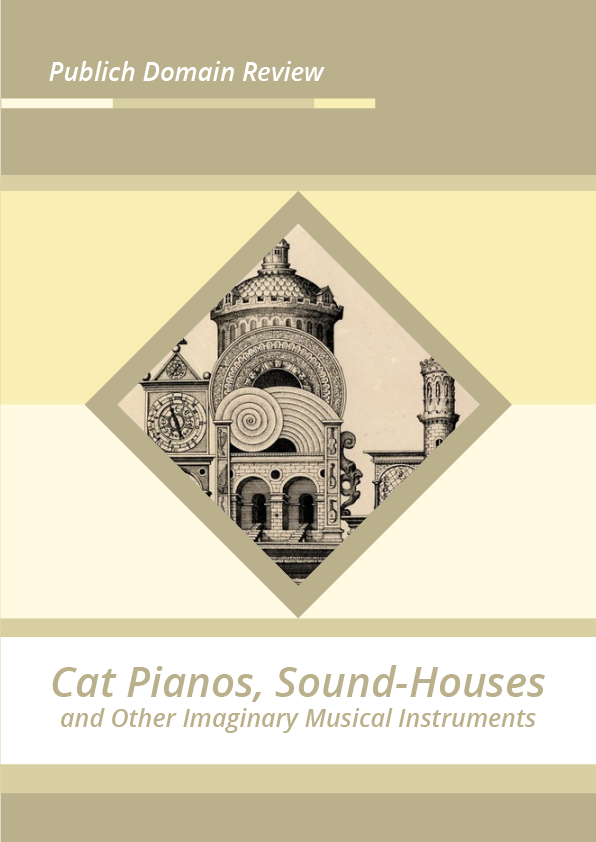This week sees the 200th anniversary of the birth of Franz Liszt. Leon Botstein, President of Bard College and music director and principal conductor of the American Symphony Orchestra, explores what we can still learn from the life and music of Liszt.
Marking anniversaries of the birth and death of historic figures, particularly in music, is somewhat akin to commemorating annually the date of death of family members. It is never quite clear whether we are struggling to remember those to whom we were once close as we pursue our lives without them, all in an effort to assuage the guilt that comes with the natural tendency to forget, or whether we are indulging in a form of nostalgia, shaped in part by using the selective memory of the past to make claims about what our present and future lives ought to be but have seemingly little chance of becoming. And as we commemorate we rarely penetrate beneath the surface of received opinion, revising a set of inherited judgments.
In our concert life these anniversaries become easy excuses to justify a comfortable and unexamined account of what history has bequeathed as “great” music. Marking the 100th or 200th anniversary rarely leads to a change in the concert repertory. We belabor the obvious. One might consider the Gustav Mahler centenary in 1960 as an exception since it took place at the beginning of a Mahler revival. But the two-year extended Mahler remembrances that are justified by the 100th anniversary of his death (2011) and the 150th of his birth (2010) have functioned to ossify a sentimental historical portrait and further enshrine the central place Mahler’s music has in the orchestral repertory.
The case of Franz Liszt, who was born in 1811 and died in 1886, is more complex. Celebrating the 200th anniversary of his birth ought to have been an opportunity to revisit a figure who helped define Romanticism, the role of the piano on the stage and in the home, and, most importantly, how music functions for most of the literate public. Yet our attention to him remains largely muted and ambivalent. Only a few of his works are still in the standard orchestral repertory — the piano concertos and one tone poem Les Preludes. Pianists bring out a few select works in recital, mostly to display the virtuosity they demand. This is in stark contrast to Chopin, his contemporary, whom Liszt championed. The choral and organ music are never performed. If one compares this to Liszt’s output, not only for the piano, (which is gargantuan in scope), one cannot help but be struck by the obscurity that most of his music has fallen into. The last effort in a major city to revive Liszt’s music took place in New York in the 1970s under the leadership of Pierre Boulez.
If we choose to remember Liszt more than in passing, it is as the legendary and charismatic personality he was, with all its complexities — his notorious love life, his turn to religion, his relationship with Richard Wagner and Wagner’s second wife, Liszt’s daughter Cosima. There never has been a better subject in music history for a Hollywood movie. He was classical music’s most successful, colorful, and long-lived superstar; he acquired and retained more groupies than any one before or since.











